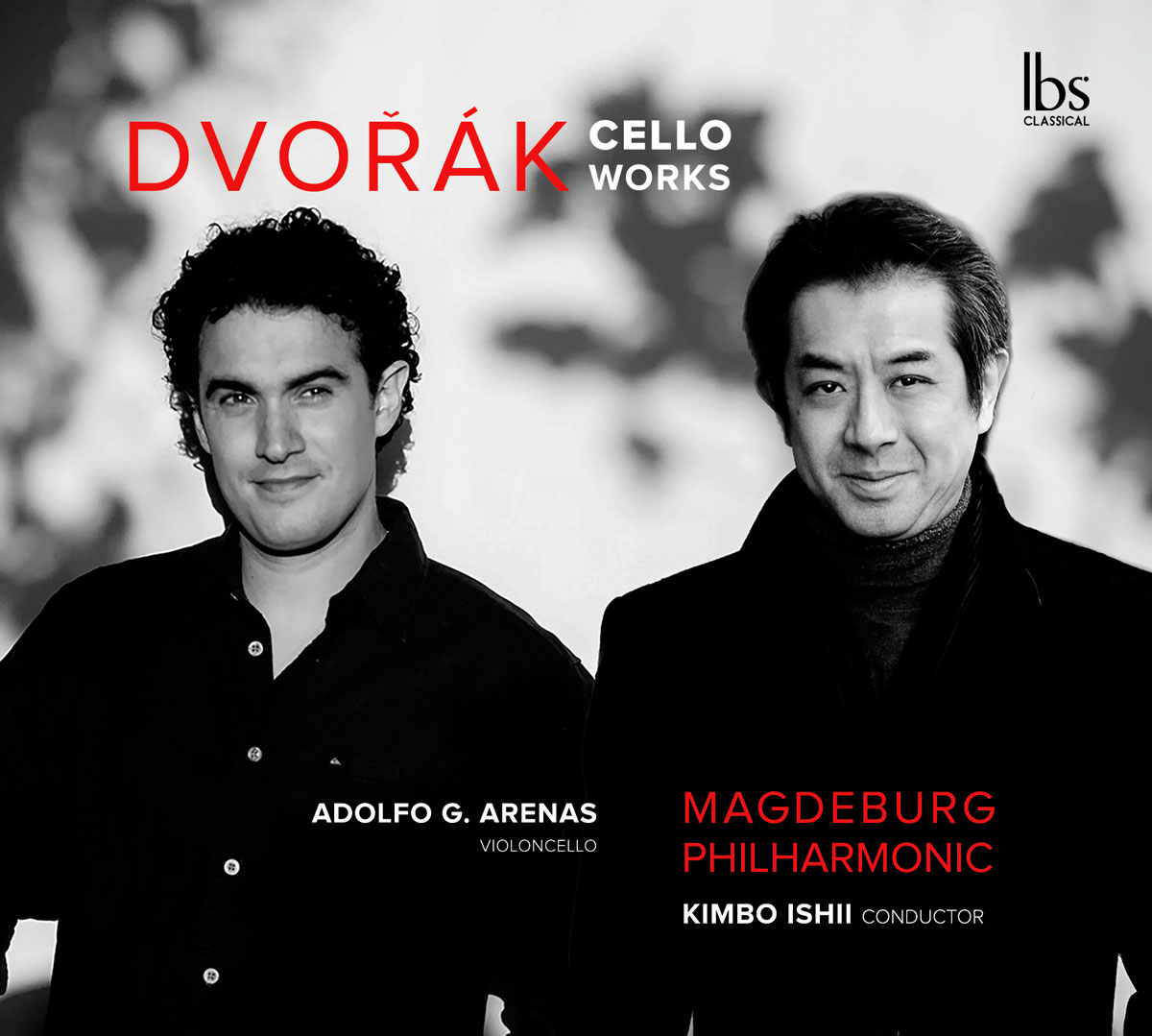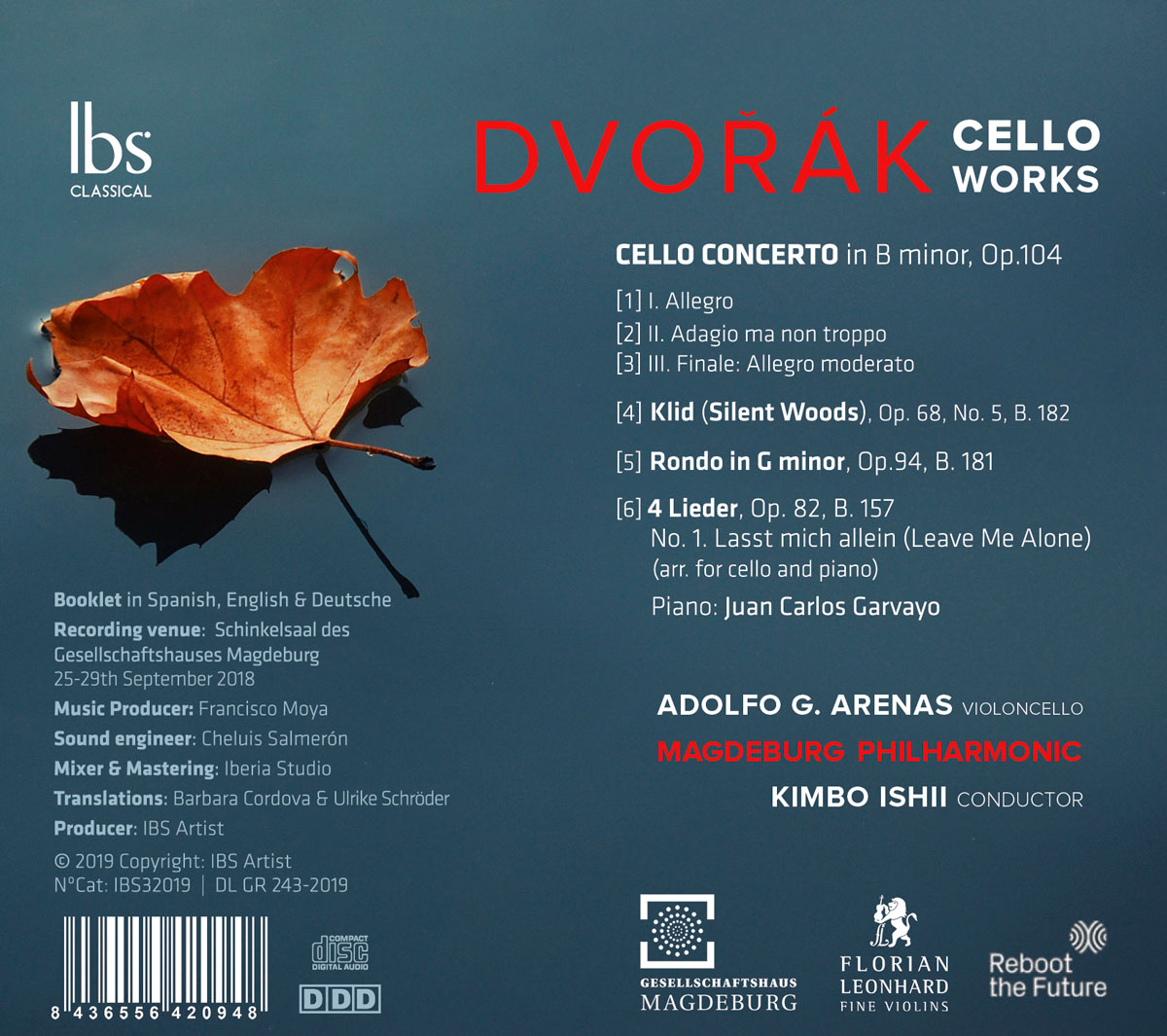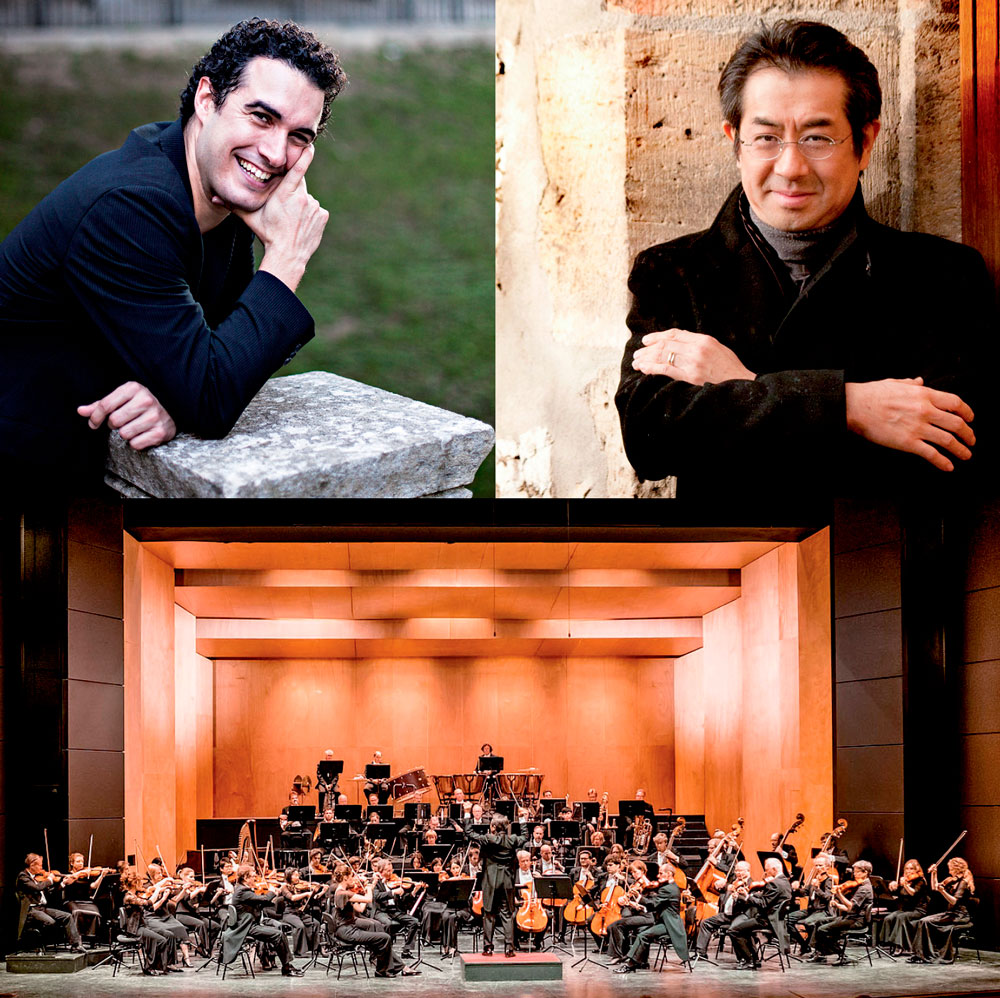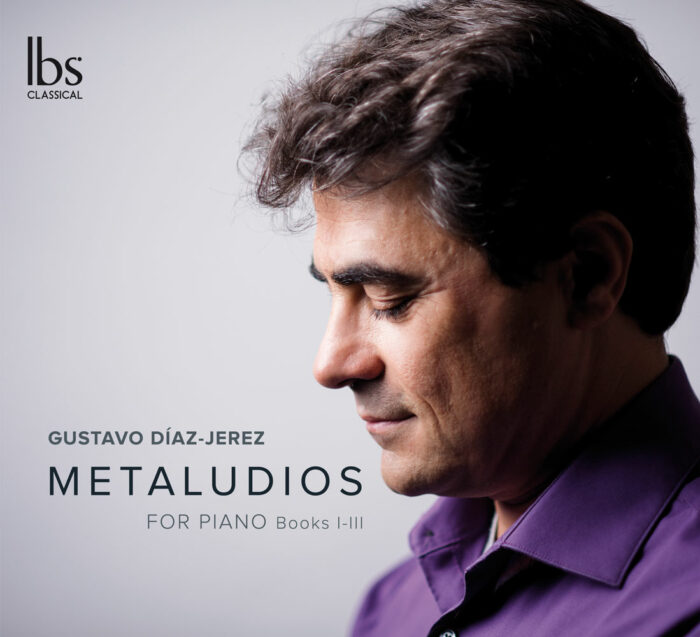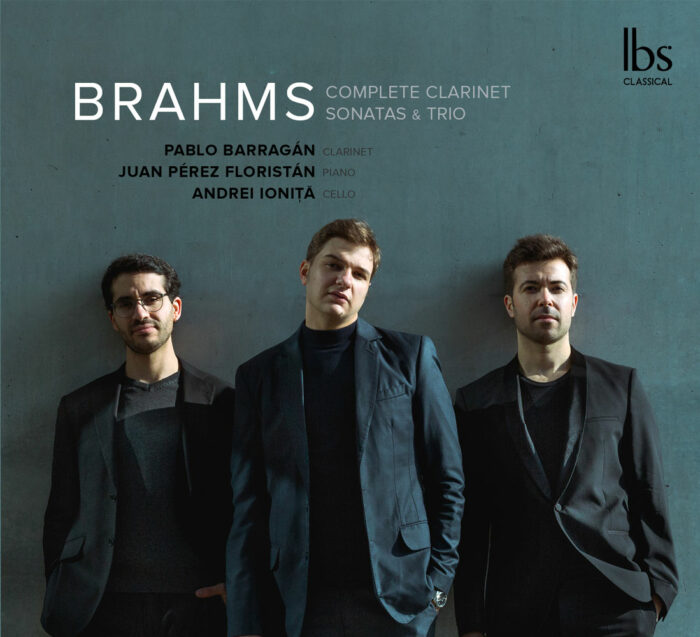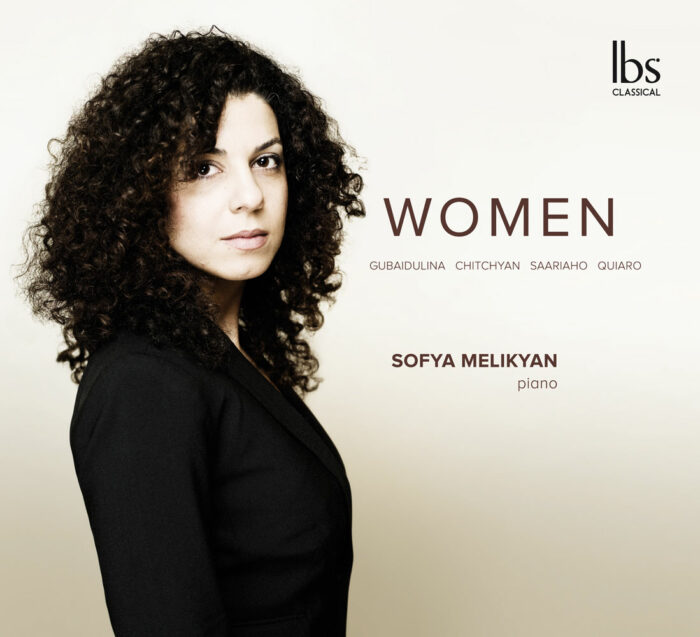Dvorak Cello
14,95€
Dvorak Cello Works
It is the part the cello must interpret by assuming or acquiring a human nature. Dvořák transforms it into a warm lyrical baritone. He repopulates it with harmonics and nuances. And he shows us that the best way to overcome cello “limitations” is none other than to transcend it. Dvořák turns the cello into a meta-cello. Just as in a Mephistophelian pact, he achieves the feat of “animating” it. And the soul is in the score. You have to know how to find it. No one better to do it than Adolfo Gutiérrez Arenas, from his sensitivity, spontaneity and affinity to an instrument he would never have wanted to explore if Bach and Dvořák had not persuaded him otherwise. Rather than Concerto for Cello and Orchestra, Dvořák’s Op. 104 should be called Concerto for Orchestra and Cello. And not because the solo instrument does not shine, but because the bohemian composer subordinates the star onanism to the requirement of concertation. It is not even a concerto for orchestra. It is a concerto with orchestra. Dvořák requires musicians to listen and listen to each other, not only from a chamber music perspective, but also applying reciprocal chromatic and rhythmic attention. It is about exploring textures and dynamics.
14,95€
Adolfo Gutierrez Arenas
Adolfo Gutierréz Arenas was born in Munich of Spanish parents, where he first studied piano. At the age of 14, he began playing the cello; he graduated from the Reina Sofia School of Music and participated in master courses with cellists as János Starker and Ralph Kirshbaum. He received decisive impulses from Bernard Greenhouse, cellist of the legendary Beaux-Art-Trios and from Gary Hoffman. In 2002, he was awarded the Maurice Ravel prize of the Ravel Academy in Ciboure as soloist and chamber musician and began his international career. In 2010, Adolfo Gutierréz Arenas gave his debut with the London Symphony Orchestra at the prestigious concert series Ibermúsica in Madrid. Further engagements followed with the Royal Philharmonic Orchestra under Charles Dutoit and the Orquesta Nacional de Espana under Ton Koopman. He also performed with the London Philharmonic under Vladimir Jurowski and again with the Orquesta Nacional de Espana under Krzysztof Penderecki. He is a regular guest of all major Spanish orchestras. Invitations to North and South America led him to orchestras like the Fort Worth Symphony under Miguel Harth-Bedoya, the Sarasota Symphony under Anu Tali and the Orquesta Sinfónica Nacional de Colombia.
Magdeburgische Philharmonie
The Magdeburgische Philharmonie is the opera and concert orchestra for the city in which Georg Philipp Telemann was born. Officially, the history of the orchestra starts in 1897, when the Magdeburger Theaterorchester was incorporated into municipal services. Even before this, though, an orchestra was driving the traditional musical life of the city on the River Elbe. Over the years, premières and first nights have included Richard Wagner’s Das Liebesverbot in 1836, Albert Lortzing’s Undine in 1845, Kurt Weill’s Der Silbersee in 1933, Berthold Goldschmidt’s Beatrice Cenci in 1994 and Violeta Dinescu’s ballet Effi Briest in 1998. Throughout its history, the orchestra has collaborated with numerous leading conductors, including Richard Strauss, Hermann Abendroth, Bruno Walter and Hans Pfitzner. To this day, keeping alive works by Wagner and Strauss accounts for a broad swathe of the repertoire. General Musical Directors such as Fritz Kauffmann, Theodor Winkelmann, Josef Krug-Waldsee, Josef Göllrich, Walter Rabl, Walter Beck, Erich Böhlke, Ferdinand Drost, Gottfried Schwiers, Roland Wambeck, Mathias Husmann, Christian Ehwald, Gerd Schaller and Francesco Corti have defined the artistic profile of the orchestra. Kimbo Ishii from Taiwan has been the General Musical Director of the Magdeburgische Philharmonie since the 2010/2011 season.
Kimbo Ishii
Kimbo Ishii is currently continuing into his fifth season with Theater Magdeburg as General Music Director. During his five seasons at Theater Magdeburg he has conducted the premiere-productions of, “Lucia di Lammermoor”, “Der Freischütz”, “Jenůfa””Madame Butterfly”, “The Tales of Hoffmann”, “The Abduction from the Seraglio”, “Kiss me, Kate”, “Tristan and Isolde”, “Macbeth”, “Un Ballo in Maschera”, “Der Rosenkavalier”, “Così fan tutte”, “La Bohème”, “Die Braut von Messina”, “Die tote Stadt”, “Tosca”, “Der fliegende Holländer”, “West Side Story” and “Dantons Tod”. On the concert platform he has conducted numerous symphonic concerts. During his tenure at the Komische Oper Berlin (KOB) from 2006-2008 where he was active as Principal Conductor (Kapellmeister), he conducted performances of “The Marriage of Figaro”, “Don Giovanni”, “The Magic Flute”, “Fidelio”, “The Barber of Seville”, “Rigoletto”, “Turandot”, “Die Fledermaus”, “The Bartered Bride”, “Le Coq d’or” and two productions of Zemlinsky operas, “The Dwarf” and “A Florentine Tragedy”. While still under the baton of Ishii conducting the coveted orchestra concerts and premiere-productions, the productions of “L’enfant et les sortilèges” and “The Tales of Hoffmann” became one of the most popular productions at the Komische Oper Berlin for seasons. Ishii has served as Music Director to various Orchestras, during 2007-2012 he was made Music Director of the Amarillo Symphony, while from 1999-2007 he was Music Director with Cayuga Chamber Orchestra and he also served as Principal Guest Conductor from 2009-2013 with the Osaka Symphony Orchestra in Japan.
